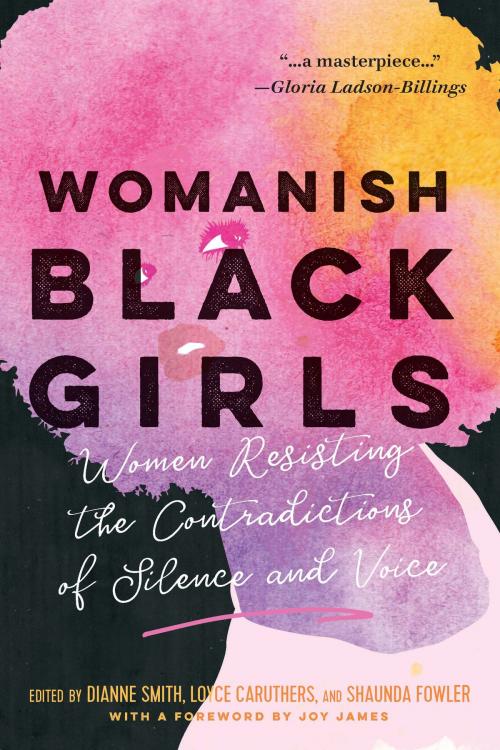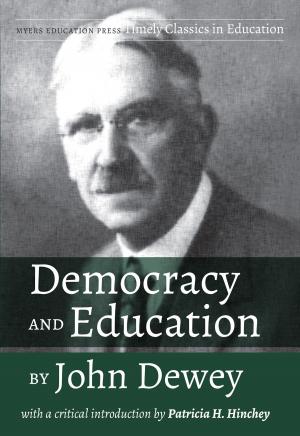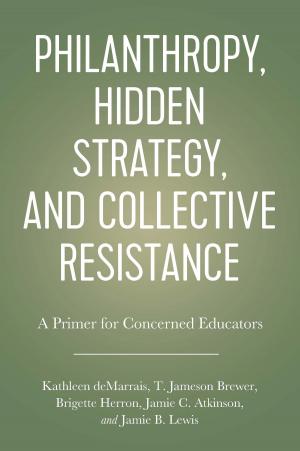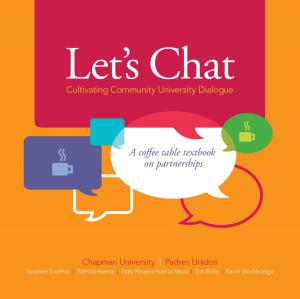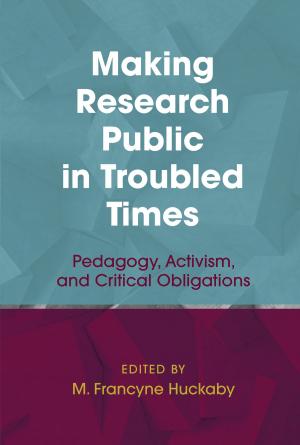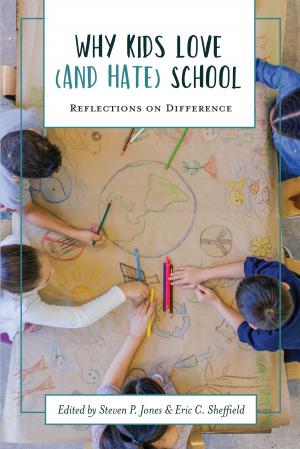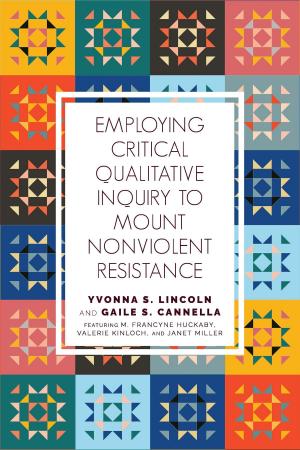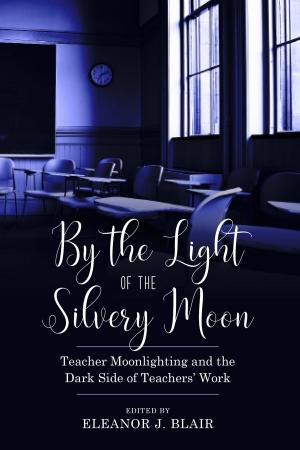Womanish Black Girls
Women Resisting the Contradictions of Silence and Voice
Nonfiction, Reference & Language, Education & Teaching, Higher Education, Social & Cultural Studies, Social Science, Gender Studies, Feminism & Feminist Theory| Author: | Dianne Smith, Loyce Caruthers, Shaunda Fowler | ISBN: | 9781975500931 |
| Publisher: | Myers Education Press | Publication: | May 23, 2019 |
| Imprint: | Myers Education Press | Language: | English |
| Author: | Dianne Smith, Loyce Caruthers, Shaunda Fowler |
| ISBN: | 9781975500931 |
| Publisher: | Myers Education Press |
| Publication: | May 23, 2019 |
| Imprint: | Myers Education Press |
| Language: | English |
Womanish Black Girls/Women Resisting Contradictions of Silence and Voice is a collection of essays written by varied black women who fill spaces within the academy, public schools, civic organizations, and religious institutions. These writings are critically reflective and illuminate autobiographical storied-lives. A major theme is the notion of womanish black girls/women resisting the familial and communal expectations of being seen, rather than heard. Consequently, these memories and lived stories name contradictions between “being told what to do or say” and “knowing and deciding for herself.” Additional themes include womanism and feminism, male patriarchy, violence, cultural norms, positionality, spirituality, representation, survival, and schooling. While the aforementioned can revive painful images and feelings, the essays offer hope, joy, redemption, and the re-imagining of new ways of being in individual and communal spaces. An expectation is that middle school black girls, high school black girls, college/university black girls, and community black women will view this work as seedlings for understanding resistance, claiming voice, and healing.
Womanish Black Girls/Women Resisting Contradictions of Silence and Voice is a collection of essays written by varied black women who fill spaces within the academy, public schools, civic organizations, and religious institutions. These writings are critically reflective and illuminate autobiographical storied-lives. A major theme is the notion of womanish black girls/women resisting the familial and communal expectations of being seen, rather than heard. Consequently, these memories and lived stories name contradictions between “being told what to do or say” and “knowing and deciding for herself.” Additional themes include womanism and feminism, male patriarchy, violence, cultural norms, positionality, spirituality, representation, survival, and schooling. While the aforementioned can revive painful images and feelings, the essays offer hope, joy, redemption, and the re-imagining of new ways of being in individual and communal spaces. An expectation is that middle school black girls, high school black girls, college/university black girls, and community black women will view this work as seedlings for understanding resistance, claiming voice, and healing.
